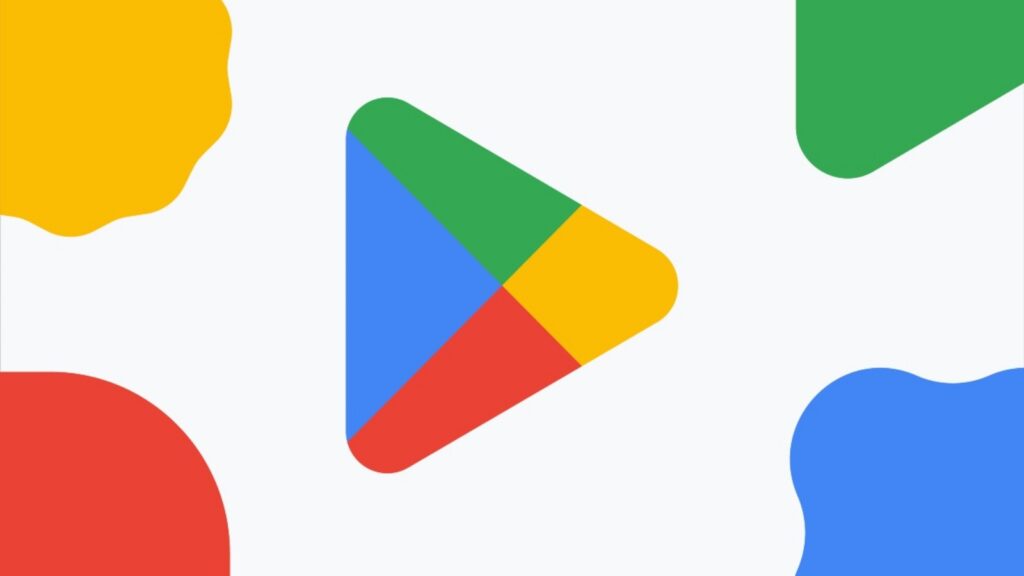The Google Play Store is poised for a major shake-up in the US after a district court ordered the tech giant to take certain steps to enable competition in the Android app ecosystem. .
After hearing Epic Games’ lawsuit against Google, a federal jury unanimously ruled last year that the Google Play Store and Google Play Billing services are illegal monopolies. In his ruling on Monday, October 7, Judge James Donato outlined what Google must do to repair the damage caused by its monopoly.
Google has been ordered to allow users to download third-party app stores through the Play Store app for the next three years. According to the order, developers from these rival third-party app stores are to be given access to the full catalog of Google Play apps in order to have a “fighting chance to stay on track.” .
Monday’s ruling, which Google says is seeking an injunction, is the culmination of a four-year antitrust battle between the Fortnite maker and the big tech company. This also means that Google could face serious competition in the Android app market.
What should Google do now?
From November 1, 2024 to November 1, 2027, Google has been ordered to allow users to use their own billing system instead of Google Play Billing for in-app purchases. A jury had previously ruled that tying the company’s payment system to an app store was illegal.

The court also ordered Google to remove anti-steering provisions that prohibit app developers from linking to or notifying users about external payment options.
Additionally, Google must allow app developers to notify users about the availability and pricing of their apps outside of the Play Store, and Google must provide users with a link to download their apps outside of the Play Store. There is nothing you can do to stop this (also known as sideloading).
What is Google prohibited from doing in the future?
To prevent Google from making deals to maintain its dominance in the app distribution market, the court ruled that the company would offer money and perks to app developers to launch their apps exclusively on the Play Store. prohibited.
It also prohibits sharing app revenue with “individuals or entities that distribute Android apps” or planning to launch an app store or app platform.
Specifically, Google is prohibited from entering into agreements with smartphone manufacturers such as Samsung to pre-install Play Store apps on Android devices. Additionally, the company cannot offer money to device manufacturers or carriers to not preinstall rival app stores on their devices.
During the hearing, Epic Games argued that Google’s agreements with various app developers, smartphone manufacturers and carriers made it impossible for rival app stores to compete.
The jury also believed that “Google has entered into one or more agreements, including agreements with OEMs, that unreasonably restrict trade in the relevant antitrust markets.” [original equipment manufacturers] A company that sells mobile devices. ”
What part of the order favored Google?
Epic originally asked the court for a six-year deadline, but it now has three years to make changes to the Play Store. The judge rejected Epic’s argument, saying, “This provision is intended to level the playing field for the entry and growth of rivals without imposing an undue burden on Google.”
“Google should not be unfairly tied down as a competitor as competition arises and the network effects that Google Play unfairly enjoys are weakened,” he added.
Regarding the threat of malicious apps entering the Play Store, the court ruled that Google “takes reasonable steps to ensure that its platform and store, and the apps they offer, are secure from a computer system and security perspective.” We have the right to take action.” ”
If Google’s removal of an app is challenged, the decision must be reviewed by a three-member technical committee, consisting of one representative from Google and one representative from Epic. The second committee member will be elected.
The court ruled that Google can charge app developers and app store owners fees for their police work.
How did Google and Epic react to this ruling?
Google said it would appeal the ruling, saying the changes it was ordered to implement would lead to “a range of unintended consequences that harm U.S. consumers, developers, and device manufacturers.”
“These changes requested by Epic stem from a decision that is completely contrary to another court’s decision that rejected a similar claim made by Epic against Apple. That said, unlike iOS, Android has always been an open platform that allows for multiple app stores and app store-like choices and flexibility for “sideloading,” the company said in a blog post.
Meanwhile, Epic Games CEO Tim Sweeney said in a post on There is no app tax.” Thanks to the win in Epic vs. Google. ”
In 2020, Epic Games was sued by both Google and Apple for trying to avoid 15-30 percent fees on in-app purchases after the developer’s popular game Fortnite was launched from the Play Store and App Store. sued.
In the case against Apple, US courts have ruled in favor of Apple on most points. However, the iPhone maker was ordered to disable anti-steering rules and allow app developers to notify users about the use of external payment systems.



